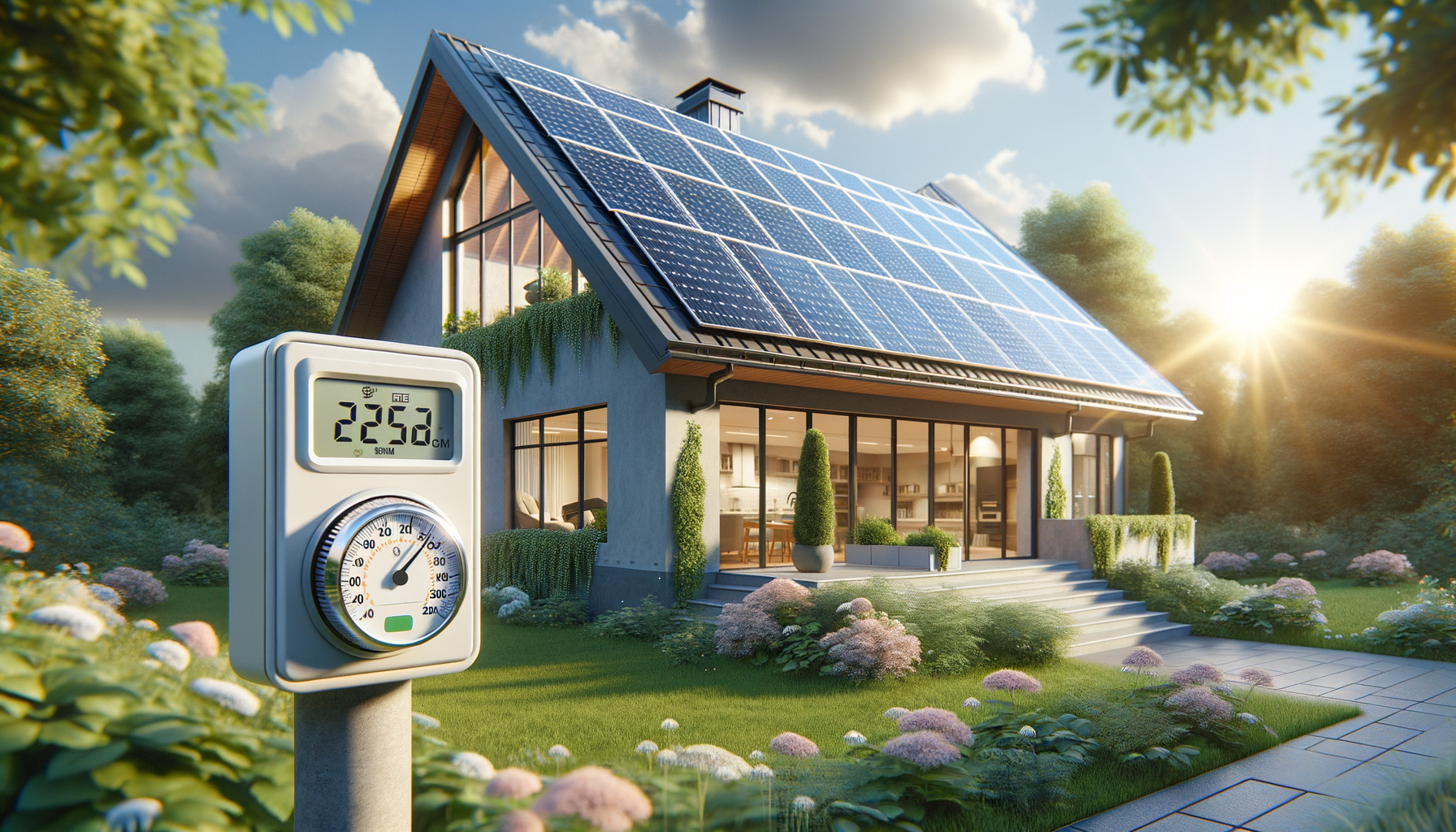How to reduce electricity bill with solar panel on your roof
The Growing Importance of Solar Energy As the world grapples with climate change and the need for sustainable energy solutions, solar energy has emerged as a pivotal player in the quest for environmental conservation and economic efficiency. Solar panels, once a niche technology, are now a common sight on rooftops across the globe. Their ability

The Growing Importance of Solar Energy
As the world grapples with climate change and the need for sustainable energy solutions, solar energy has emerged as a pivotal player in the quest for environmental conservation and economic efficiency. Solar panels, once a niche technology, are now a common sight on rooftops across the globe. Their ability to convert sunlight into electricity offers a clean, renewable energy source that reduces reliance on fossil fuels.
Solar energy systems have become more accessible to homeowners, thanks to technological advancements and decreasing costs. This accessibility has led to a surge in installations, with many households recognizing the long-term financial benefits of generating their own electricity. By harnessing the power of the sun, homeowners can significantly reduce their electricity bills, often achieving energy independence.
Moreover, governments and environmental organizations are championing solar energy as a key strategy in reducing carbon emissions. Incentives such as tax credits and rebates further encourage adoption, making it financially viable for more people to invest in solar technology. As a result, solar panels are not just an environmentally friendly choice but also a smart financial investment.
How Solar Panels Work
Understanding the mechanics of solar panels can demystify the process of converting sunlight into usable electricity. At the heart of this technology are photovoltaic (PV) cells, which are made from semiconductor materials, typically silicon. When sunlight strikes these cells, it excites electrons, creating an electric current. This process, known as the photovoltaic effect, is the foundation of solar energy production.
The electricity generated by solar panels is direct current (DC), which needs to be converted into alternating current (AC) to be compatible with household appliances. This conversion is accomplished by an inverter, a crucial component of any solar system. Once converted, the electricity can be used to power homes, with any excess energy being stored in batteries or fed back into the grid.
Solar systems can vary in size and configuration, depending on the energy needs and space available. Some homeowners opt for grid-tied systems, which allow them to sell excess electricity back to the utility company, while others choose off-grid systems for complete energy independence. Understanding these systems‘ components and functions can help homeowners make informed decisions about their energy solutions.
Financial and Environmental Benefits of Solar Panels
Investing in solar panels offers a dual benefit: financial savings and environmental conservation. From a financial perspective, solar panels can drastically reduce or even eliminate electricity bills. By generating their own electricity, homeowners are less vulnerable to fluctuating energy prices, providing long-term financial stability.
In addition to direct savings, solar panels can increase property value. Homes equipped with solar systems are often more attractive to buyers, who recognize the benefits of reduced energy costs and a smaller carbon footprint. This increased demand can lead to higher resale values, offering another financial incentive for homeowners.
Environmentally, solar panels contribute to a significant reduction in greenhouse gas emissions. By using renewable energy, households can lower their carbon footprint, contributing to global efforts to combat climate change. Solar energy is a clean, inexhaustible resource that does not produce air or water pollution, making it a sustainable choice for future generations.
Overall, the integration of solar panels into residential properties presents a compelling case for both economic and environmental reasons. As technology advances and costs continue to fall, solar energy is poised to play an increasingly vital role in the global energy landscape.